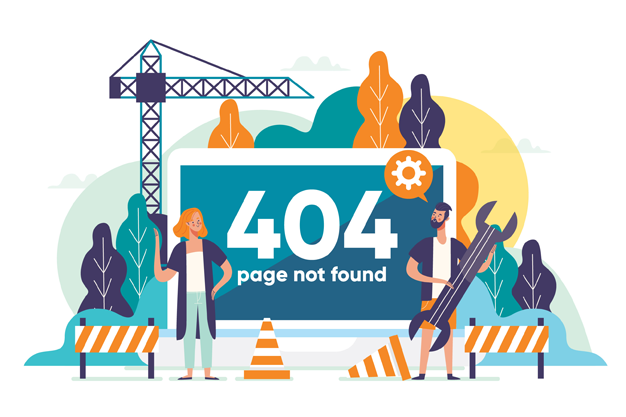
Please Wait transaction is in process, don't refresh page and do not press back button.

You have reached the edge of the universe.
The page you requested could not be found.
Dont'worry and return to the previous page.